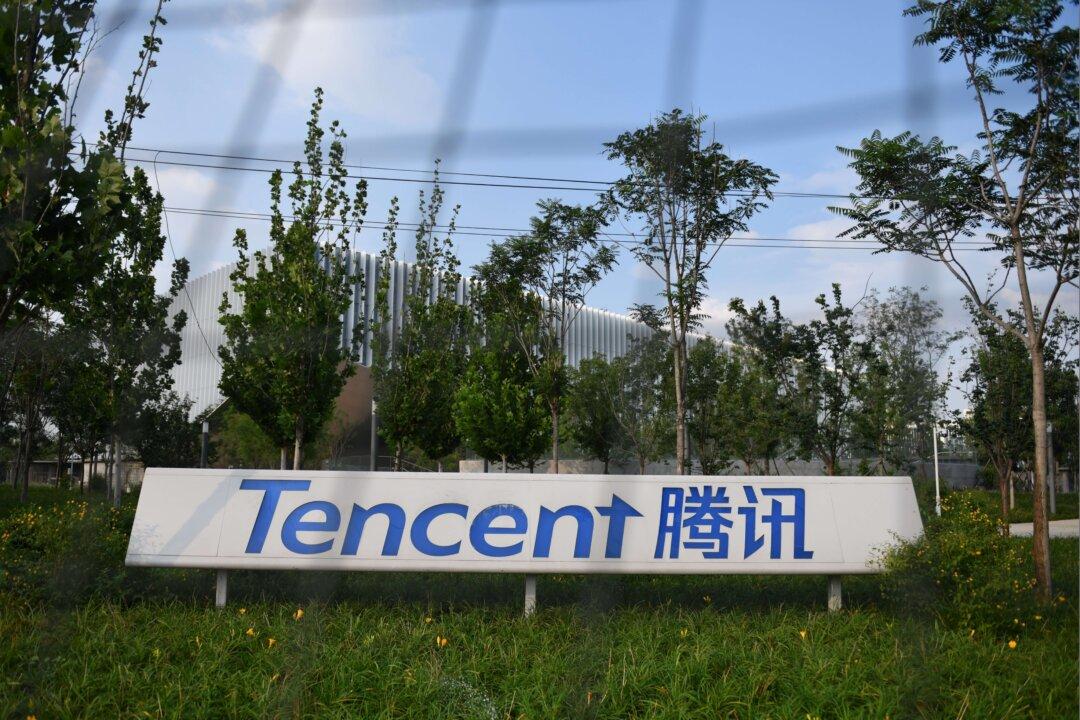Beijing’s regulatory crackdown on Chinese companies has sent shockwaves through its stock markets, and experts say the investment climate in China has shifted and needs reevaluation.
The Chinese communist regime’s recent sudden changes in laws and regulations governing businesses across multiple industries remain a topic of discussion and debate regarding its purpose, extent, and endgame. But those actions have more clearly shown the elevated risk of investing in China.
“What’s doubtless happening here is that there is a level of risk now in Chinese investments that wasn’t there before,” Peter St. Onge, a research fellow at The Heritage Foundation, told The Epoch Times. St. Onge was formerly a senior fellow at the Montreal Economic Institute and professor at Taiwan’s Feng Chia University.
Among the many Chinese tech firms to get singled out was Tencent—down about 30 percent from March 31, when the Canada Pension Plan Investment Board (CPPIB) disclosed its holdings of nearly $4.5 billion in Tencent stock.
The CPPIB had in 2018 announced plans to ramp up investment in China to 20 percent by 2025. As of March 31, it owned roughly $20.6 billion in Chinese stocks, which made up just over 15 percent of its approximately $134 billion foreign publicly traded stock holdings. The CPPIB only provides public updates of its stock holdings once a year and would not comment on specific stocks.
St. Onge said a 20 percent allocation to China is “absolutely imprudent” given that the country accounts for less than 10 percent of the world’s stock market capitalization. He added that it also exposes investors to a higher level of regulatory risk than what exists in comparable markets and that Chinese president Xi Jinping has displayed increasingly authoritarian tendencies.
Another large Canadian investor in China is the Ontario Teachers Pension Plan. It declined to provide a comment to The Epoch Times.
Eliminating Foreign Influence
The FXI, an exchange-traded fund of the largest Chinese stocks, is down nearly 10 percent in the last month, while stock markets in North America are close to record highs.
Chinese ride-hailing company Didi, which raised US$4.4 billion in an initial public offering (IPO) in June—the biggest stock sale by a Chinese company since Alibaba in 2014—became the subject of investigation shortly after its market debut. Chinese authorities cited national security and public interest concerns about the data it collects. Didi shares have since fallen by about 40 percent.
China is closing its mind to the world and trying to eliminate foreign influence, said China expert Gordon Chang, author of “The Coming Collapse of China.”
“I think that it [Didi] will be a watershed, and it is one of those things that are going to convince Americans that the risk of China is too high,” Chang told NTD’s “The Wide Angle” on July 31.
Private education companies have also been caught in Beijing’s crosshairs, as the government banned these firms from making profits, raising capital, or going public in late July.
Losses in Chinese tech and education stocks have exceeded US$1 trillion since February, according to Bloomberg.
It’s not just in public markets where China is out of favour. Venture capital declined for the second straight quarter in China, while every other major venture market detailed in CBInsight’s State of Venture Report for the second quarter of 2021 moved higher.





